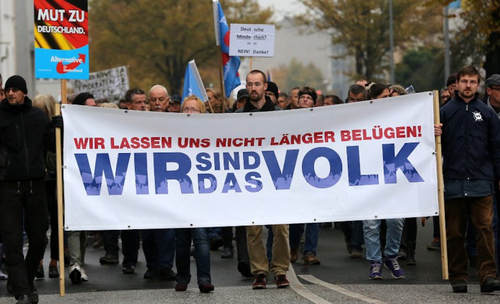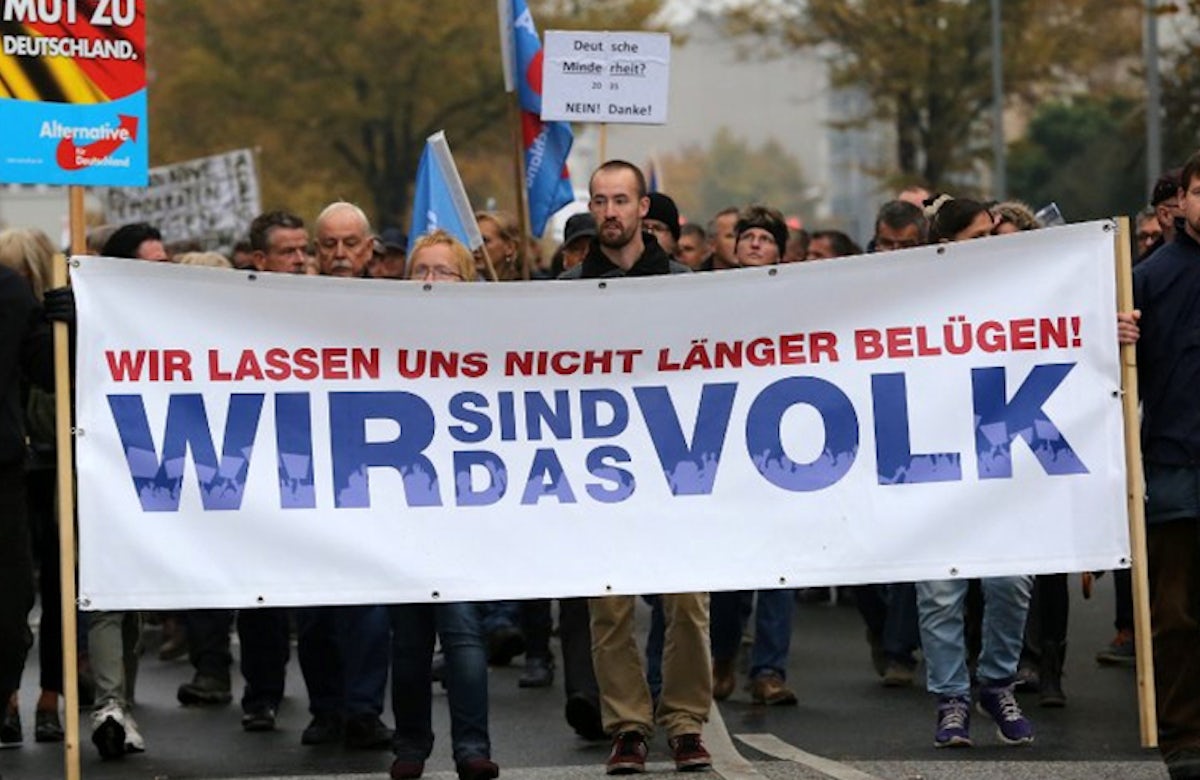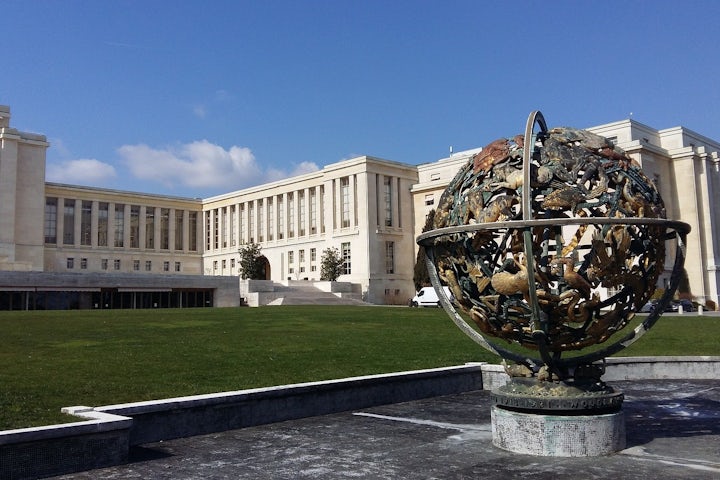Jewish leaders in Germany reacted with concern to the electoral victory of a right-wing populist party called Alternative for Germany (AfD).
 The AfD won 21 percent of the vote and came in second in the election in Mecklenburg-Western Pomerania, putting the CDU of Chancellor Angela Merkel in an unpredecented third place. The election in Merkel's home state was won by the Social Democrats, who obtained more 30 percent of the vote, and the election campaign was dominated by the refugee issue.
The AfD won 21 percent of the vote and came in second in the election in Mecklenburg-Western Pomerania, putting the CDU of Chancellor Angela Merkel in an unpredecented third place. The election in Merkel's home state was won by the Social Democrats, who obtained more 30 percent of the vote, and the election campaign was dominated by the refugee issue.
The extreme-right NPD party, whose ban Jewish leaders are supporting, lost its representation in the state legislature.
Josef Schuster, president of the Central Council of Jews in Germany, expressed concern about the strong showing of the AfD, saying: "Clearly, many voters are not aware or play down the fact that the AfD does not clearly distance itself from right-wing extremists, be it in Mecklenburg-Western Pomerania or anywhere else in the country."
Charlotte Knobloch, head of the Jewish Community of Munich and Upper Bavaria and World Jewish Congress commissioner for Holocaust memory, said: "That an extreme-right party which blatantly incites hatred against minorities in a disgusting way can rise unhindered in our country is a nightmare come true.
"The AfD is an openly far-right party. It is pathetic when a party that has xenophobia, anti-Semitism, racism, homophobia, historical revisionism and conspiracy theories at the heart of its argument, can become such a strong social and political influence."
The 82-year Holocaust survivor warned that, in collaboration with other far-right parties, the AfD was a threat Germany’s democratic foundations.





